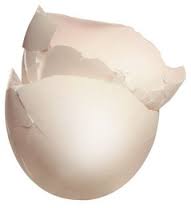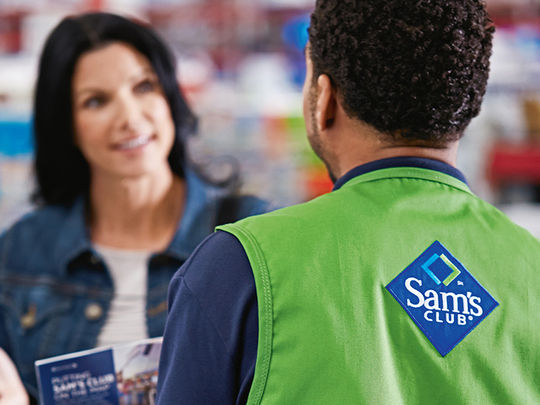 Incredible and edible are definitely two words that can be used to describe one of the word’s most popular foods – the egg!
Incredible and edible are definitely two words that can be used to describe one of the word’s most popular foods – the egg!
In my house, eggs are a staple. We eat them scrambled and fried for breakfast, on sandwiches for lunch, and on burgers for dinner. We also use eggs for baking, deep frying, meatloaf making, and Easter hunting. It seems that eggs are constantly on my grocery list!
With as much as I use eggs every week, it’s no surprise that I’ve learned a few egg tips and tricks along the way…
- Brown eggs are no healthier than white eggs. Nutritionally, they are identical, so don’t be tricked into paying more for brown. The color of the egg shell is determined by the type of chicken that lays it.
- Eggs stored upside down will last longer. Storing eggs with the tapered end down increases the distance between the yolk and the small air pocket inside the egg. This air pocket can contain bacteria, which can cause the yolk to spoil faster.
- Fresh eggs sink, and old eggs float. Generally eggs last for two to four weeks in the refrigerator, but if you’re unsure if one is still good, just place it in a deep dish of water. Fresh eggs sink, eggs that are ten to twelve days old stand straight up, and very old eggs float. Don’t use the floaters…
- Remove stuck eggs from the carton with a little water. Wet the bottom of a cardboard carton or dump a little cold water into a styrofoam carton. Just be sure to throw out any cracked eggs, since they may have been contaminated with bacteria.
- Spring-laid eggs are best for baking. Eggs laid in the spring generally have a slightly higher fat content in the yolk, whip up better, and make for sturdier cakes.
- Never use an aluminum pan to cook eggs. The aluminum can react with the eggs and turn them a dark color, almost black.
- Add vinegar to the water when poaching eggs. One teaspoon of vinegar in one quart of water will help your poached eggs set and retain their shape well.
- Use water to make scrambled eggs. One to two tablespoons of water per egg beaten in will make your scrambled eggs super fluffy and moist.
- Hard boiled eggs can be a bit tricky for some. Start by covering room temperature eggs with an inch of cold water and bring to a boil. Remove the pan from the heat, cover, and let it stand for 12 minutes. Cool the eggs quickly under cold running water or plunge them into an ice water bath.



